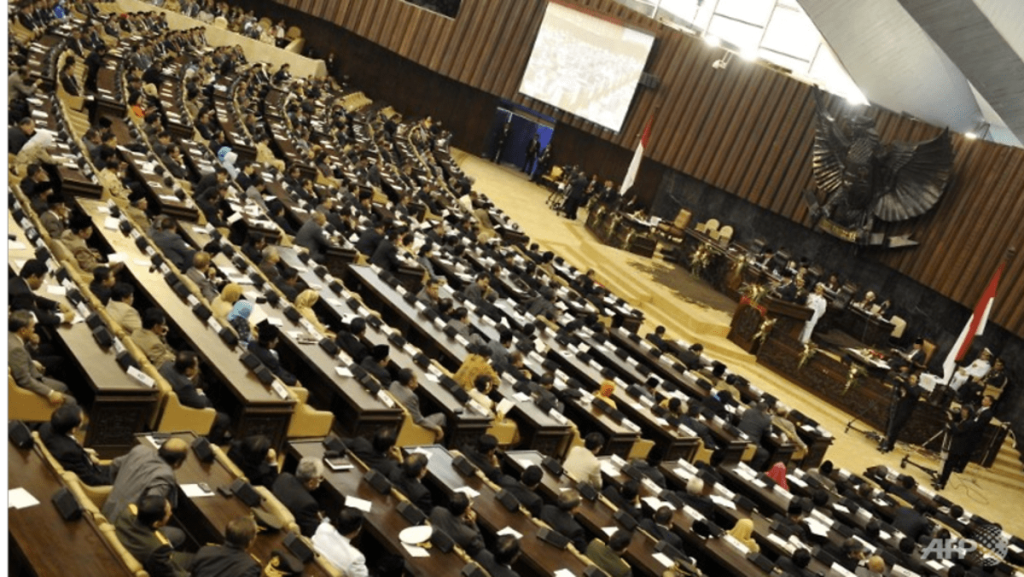Journalist organizations in Indonesia are expressing concerns over proposed changes to the country’s broadcasting law, which they believe will stifle press freedom and limit investigative journalism. The recent amendments to the broadcasting bill have been criticized by the Press Council, which argues that the proposed changes go against the principles of the press law and will result in poor journalism in the future. They point to a provision in the bill that prohibits investigative journalism content, which contradicts the importance of investigative journalism in professional journalism as highlighted in the press law.
The bill was initially proposed in 2020 by lawmakers from the House Commission I and was finalized in October 2023 but kept largely under wraps until recently. It aims to revise the 2002 Broadcasting Law to address challenges posed by new media platforms but has faced backlash from journalist associations who fear it will restrict press freedom. One of the main issues of contention is the provision that prohibits the exclusive broadcasting of investigative journalism content, which is seen as undermining the press law’s mandate against censorship and in favor of press freedom.
The proposed changes would also expand the authority of the Indonesian Broadcasting Commission (KPI) in resolving journalistic disputes, a role currently held by the Press Council according to the press law. Critics argue that this would undermine the Press Council’s authority to address public complaints related to press coverage and could lead to overlapping jurisdictions between the two bodies. The Press Council asserts that the draft bill ignores the press law and fails to prioritize quality journalism in broadcasting, highlighting the need for public participation in the legislative process.
Minister of Communication and Informatics Budi Arie Setiadi has questioned the rationale behind the provisions in the bill that would ban investigative journalism, emphasizing the importance of investigative journalism in meeting society’s growing needs. In response to public outcry, members of the legislature involved in drafting the bill have stated that it is not finalized and are open to input from the public and journalism community. They have assured that they will address the contentious issues as soon as possible and will consider input from stakeholders to ensure that press freedom is exercised with caution and serves the public interest. The legislative body has acknowledged the need for careful consideration of the bill’s impact on journalism reporting.


